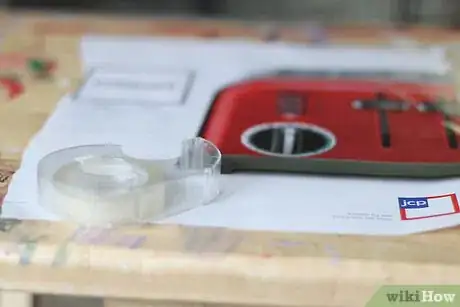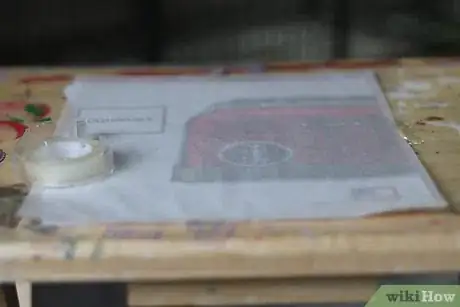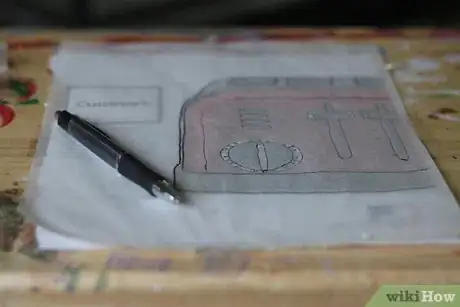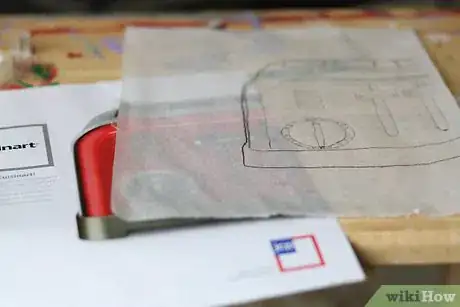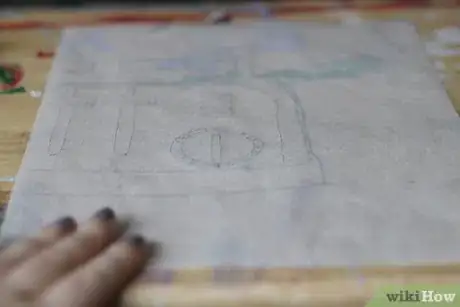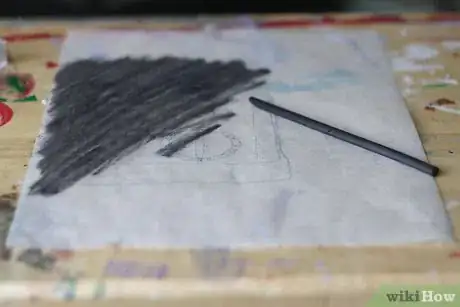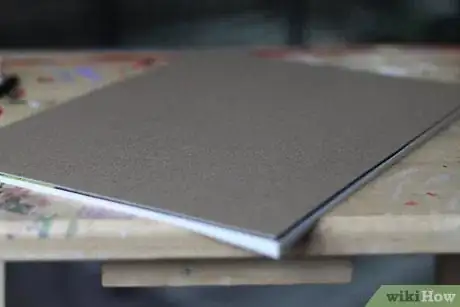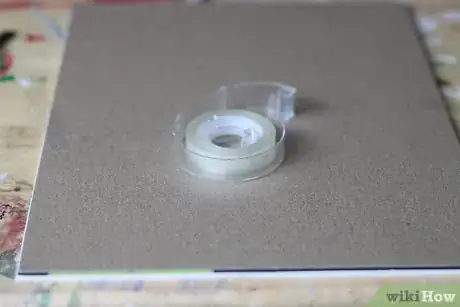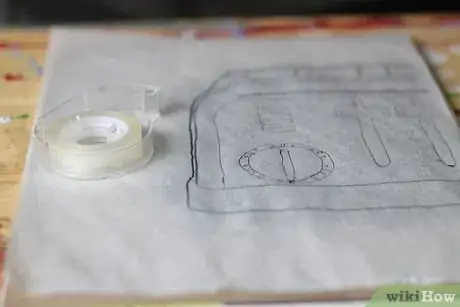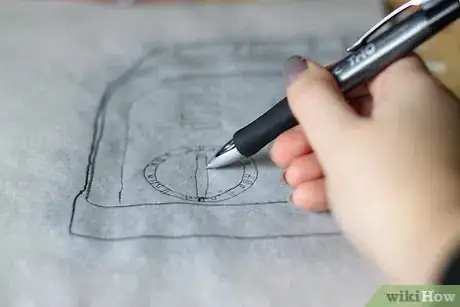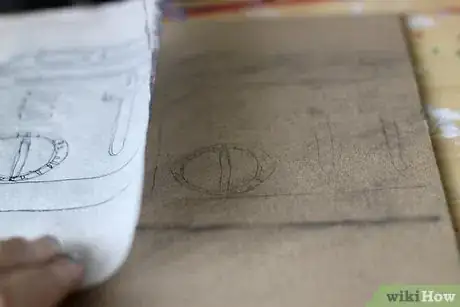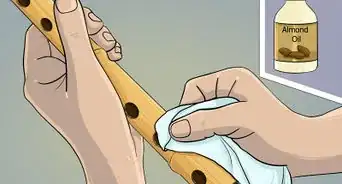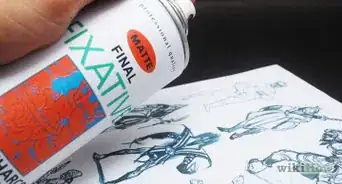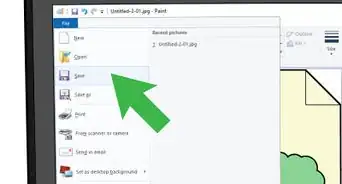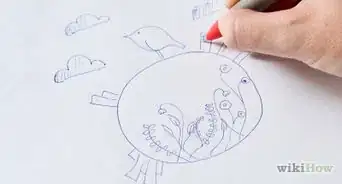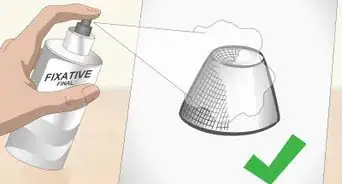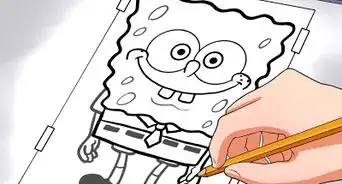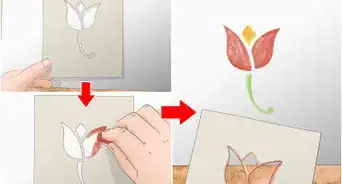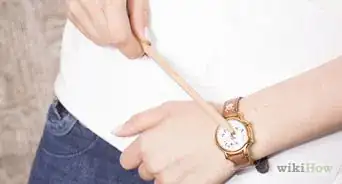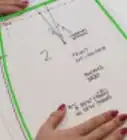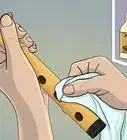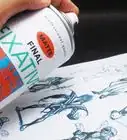This article was co-authored by Kathy Leader. Kathy Leader is an Artist and the Owner of The Art Process. With more than 36 years of art education experience, she specializes in providing mixed media art workshops for individuals and groups. In addition, she works with businesses and organizations to build morale, encourage creative problem solving, and find de-stressing tools. Kathy holds a BFA in Art Education from The University of Cape Town.
This article has been viewed 318,033 times.
Did you know that tracing paper is regular paper treated to produce a translucent paper? If you're in a pinch though, typing paper could be used in its place. To get the best outcome from your tracing project, follow these suggestions.
Steps
-
1Place a picture on a flat, smooth surface and secure it with tape.
-
2Lay the tracing paper over it and secure it with tape.Advertisement
-
3Using a pencil, trace the picture with as much or little detail as you need.
-
4Once you have finished tracing the picture, remove the picture from underneath the tracing paper.
-
5Turn the tracing paper over. Place it so that the tracing is face down and the blank side of the paper is facing up.
-
6Coat the whole blank side of the paper with graphite (lead). Do this using your pencil.
- To coat the blank side of the tracing paper, hold your pencil almost completely sideways with the lead touching the paper and move your pencil lead back and forth to create an even coat of gray or black surface.
-
7Obtain a new surface, such as drawing paper, to transfer your drawing.
-
8Place the drawing paper on a flat, smooth surface and secure it with tape.
-
9Place the tracing paper gently on top of the drawing paper with the graphite surface face down. You may secure it in place as well.
-
10Trace the image, with pressure, onto the drawing paper.
- The aim is to press hard on the lines so that the graphite transfers to the paper.
-
11Gently remove the tracing paper when you have completed tracing the drawing. You will now have your transferred drawing on your desired surface.
Community Q&A
-
QuestionWhat If I want to make the drawing bigger than the original?
 Community AnswerScan the image and increase its size, then reprint it. Then trace the bigger image.
Community AnswerScan the image and increase its size, then reprint it. Then trace the bigger image. -
QuestionCan we use butter paper instead?
 Community AnswerYes, you can. Parchment paper or baking paper also works like tracing paper.
Community AnswerYes, you can. Parchment paper or baking paper also works like tracing paper. -
QuestionWhat if I don't want it to be mirrored?
 Community AnswerIf you follow these steps, it won't be mirrored. If you skipped the step where you coat the back side with graphite and used your first set of lines to trace over, it would be mirrored.
Community AnswerIf you follow these steps, it won't be mirrored. If you skipped the step where you coat the back side with graphite and used your first set of lines to trace over, it would be mirrored.
Warnings
- If you are wearing a long-sleeved shirt, you will want to roll up the sleeves to prevent lead from transferring onto them.⧼thumbs_response⧽
- You may want to wear clothes that you won’t mind getting dirty.⧼thumbs_response⧽
Things You'll Need
- Tracing paper
- A picture
- Pencil sharpener
- A pencil
- Masking tape
- Old clothes
- Drawing paper or another surface to transfer your tracing
